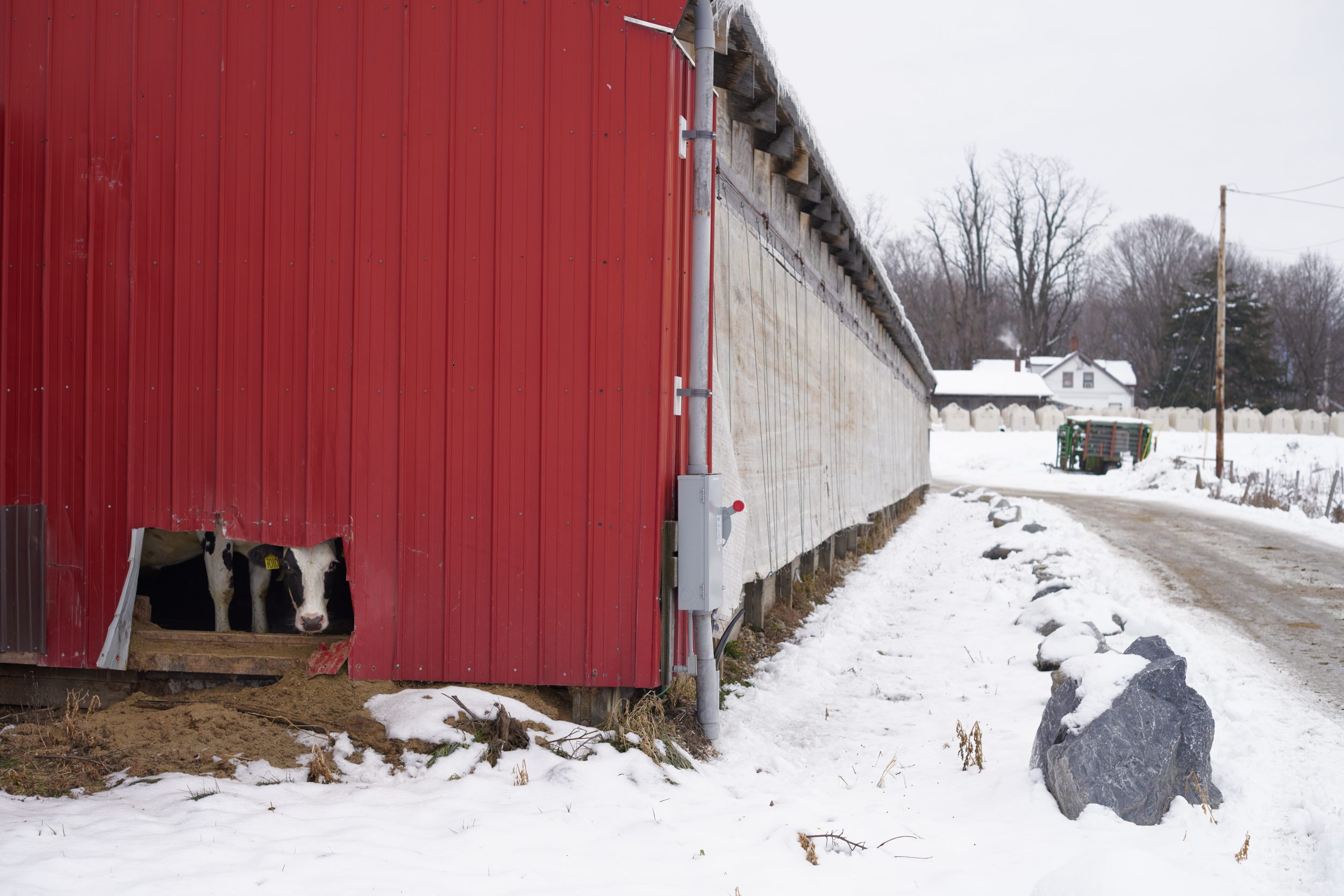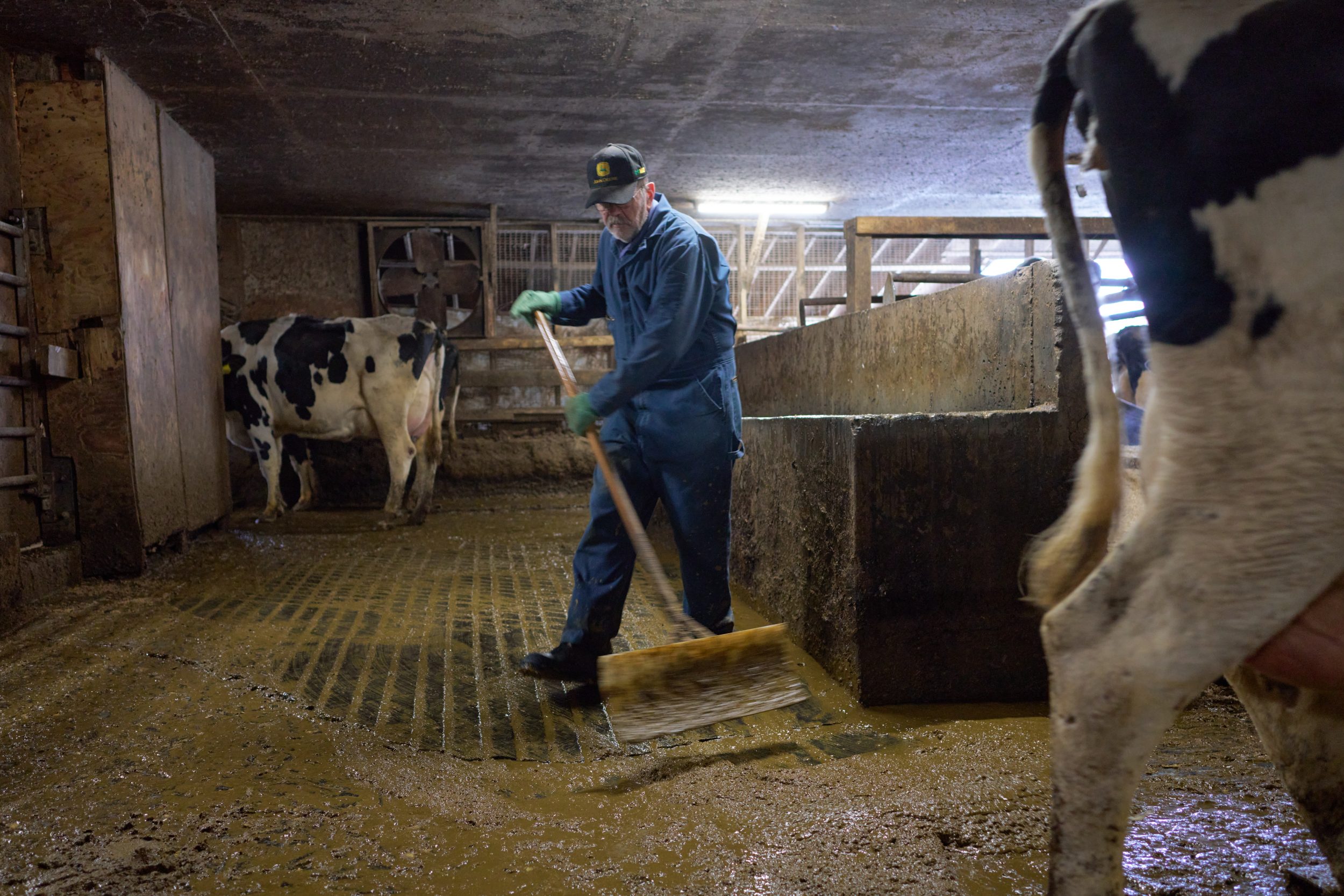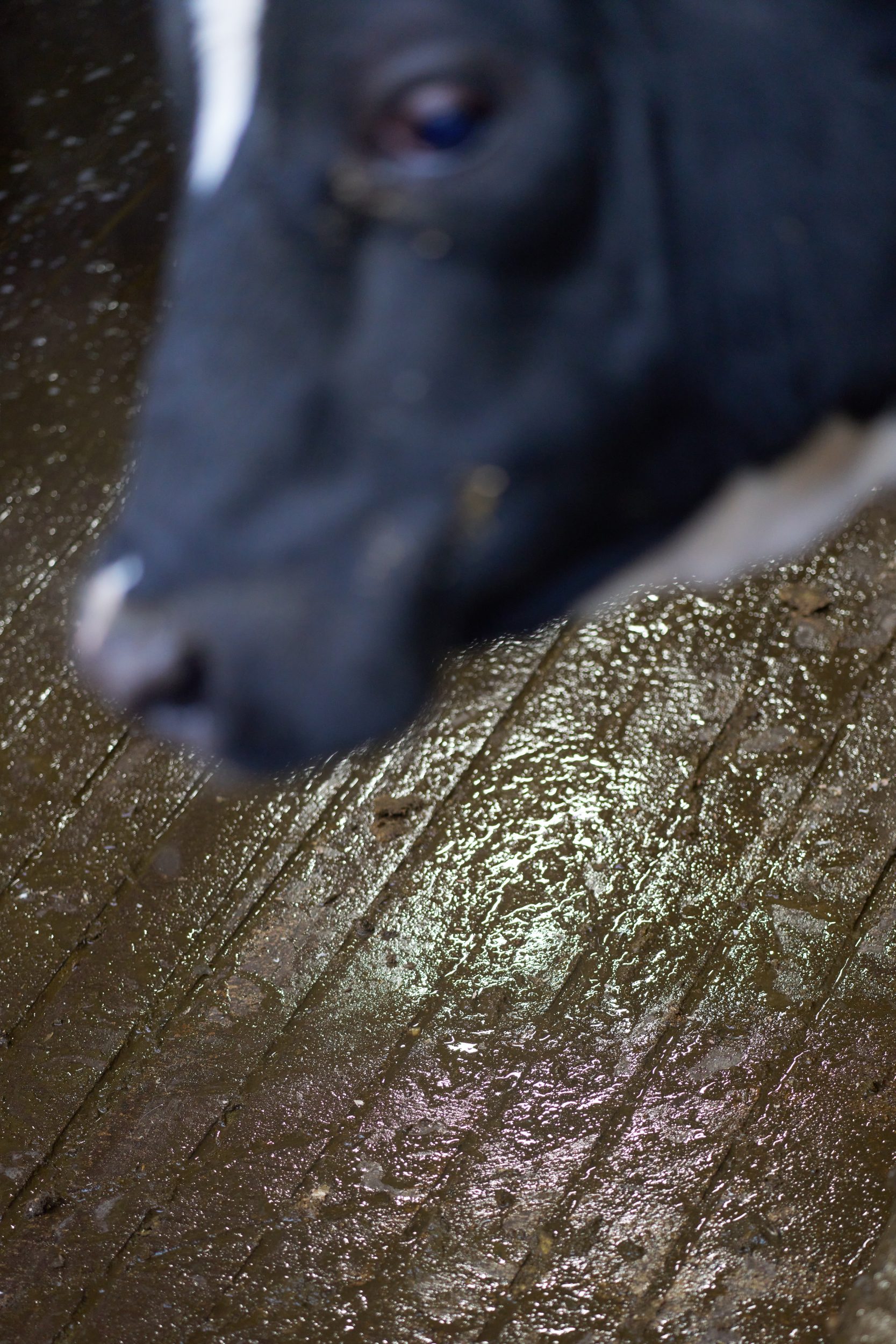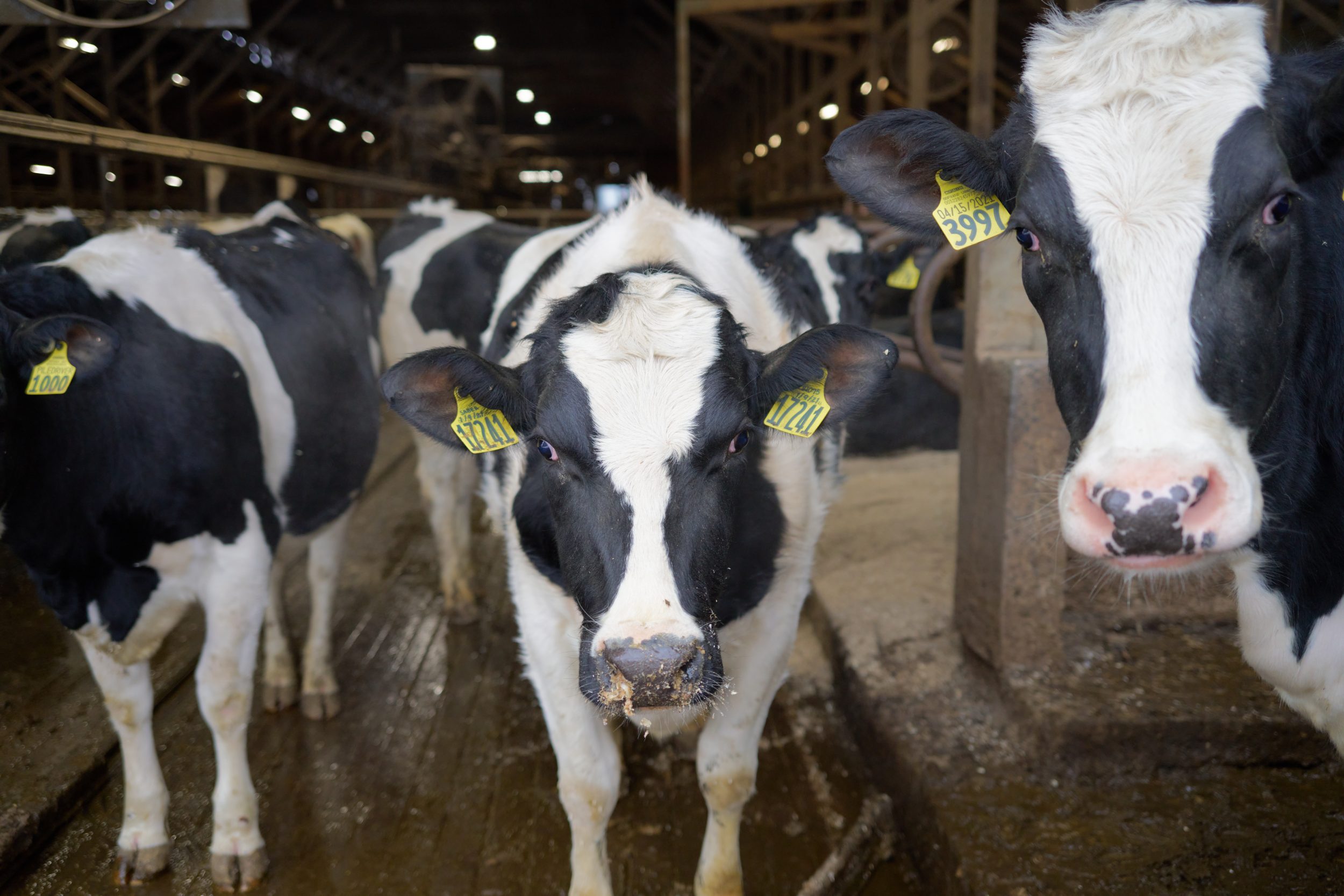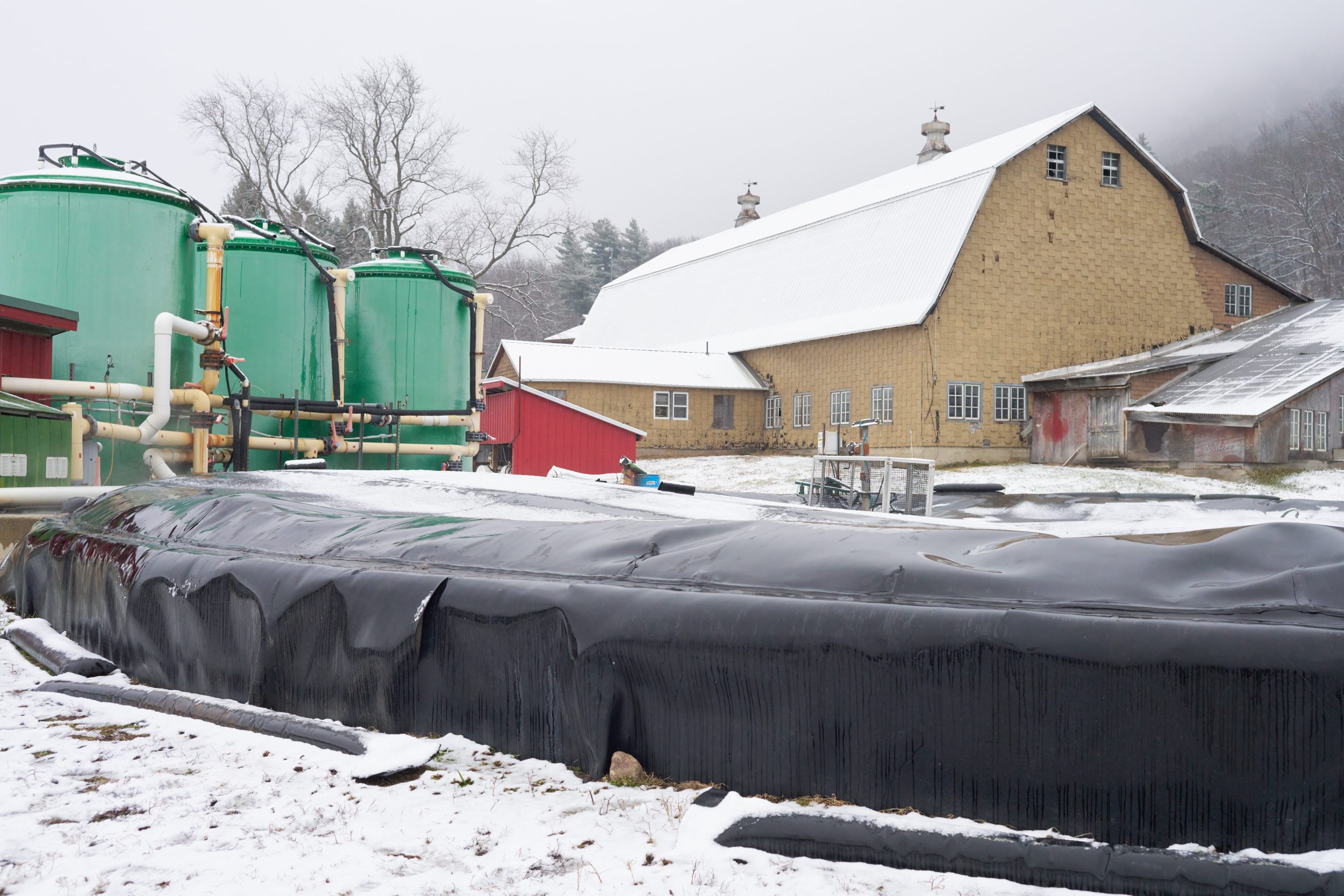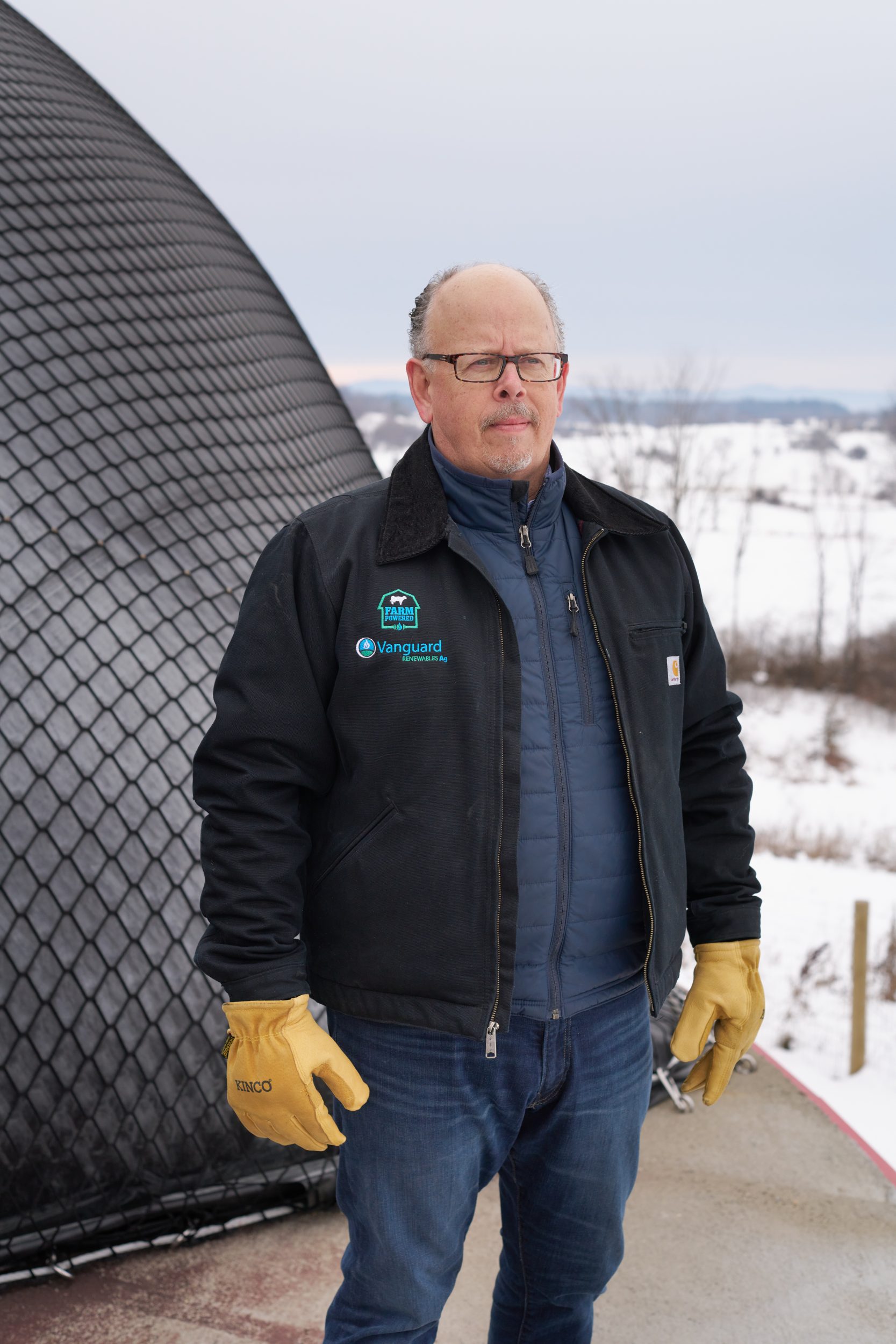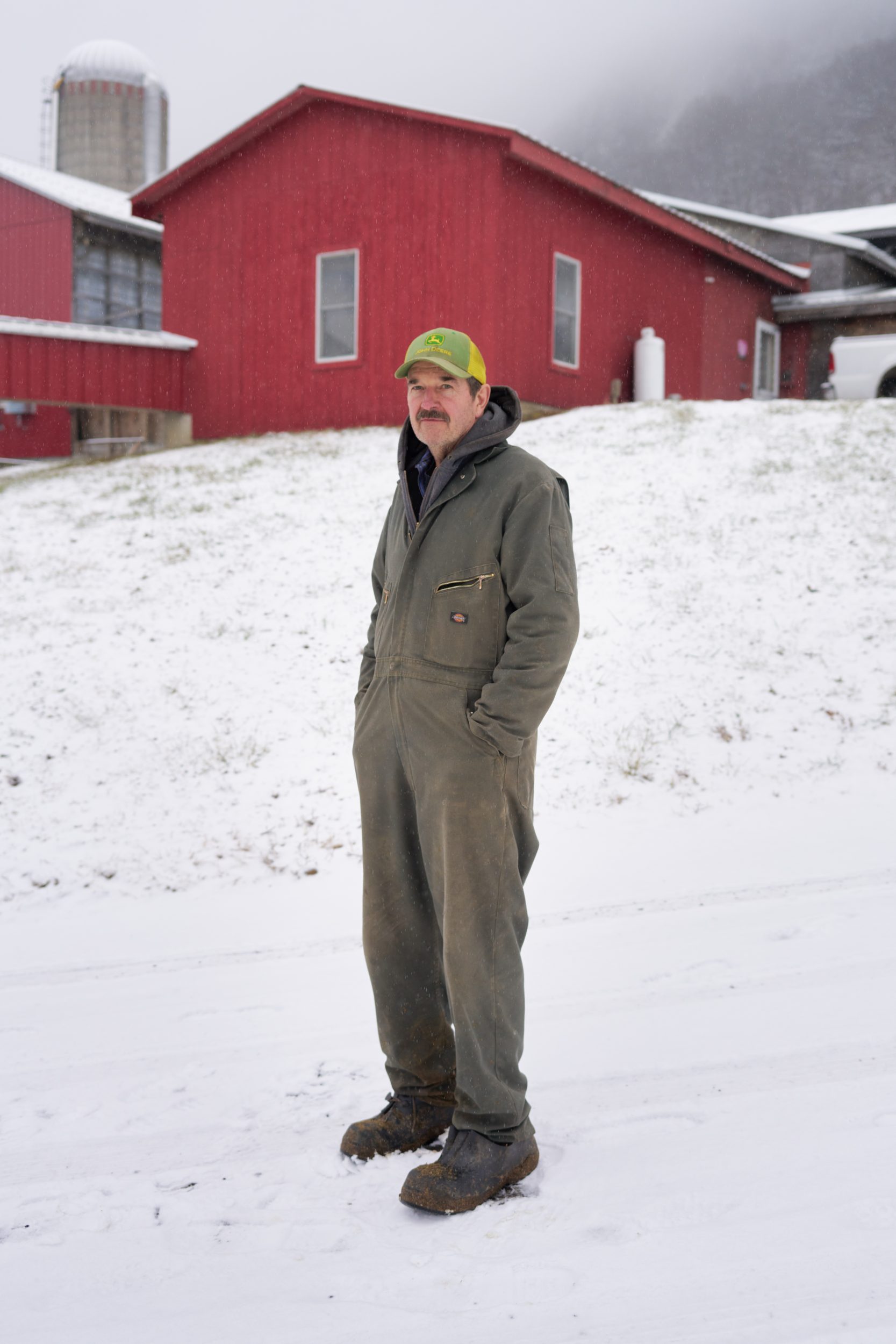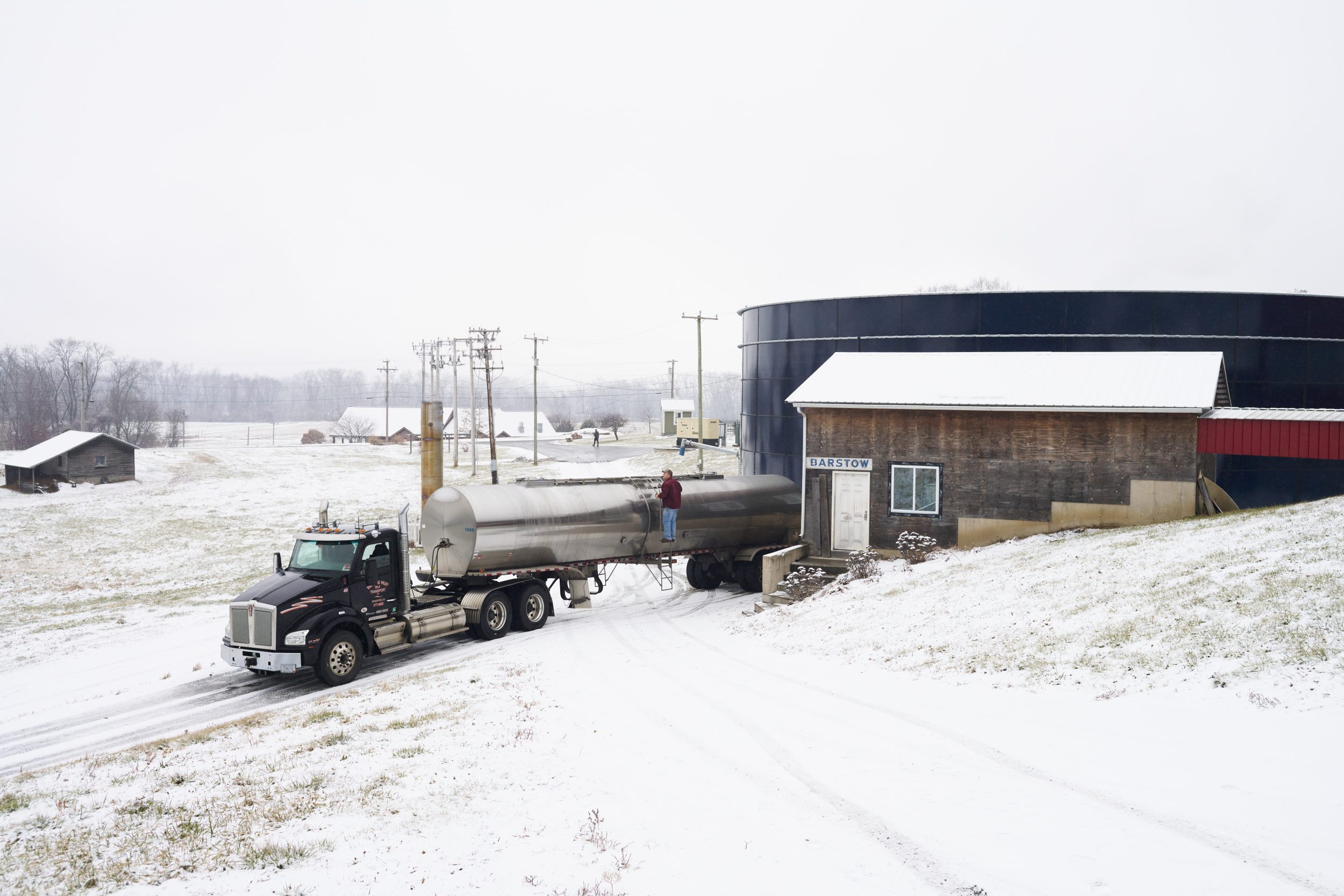
Dairy Farmers Turning Manure Into Money
Origional story written by Rachael Moeller Gorman for Smithsonian Magazine
In an innovative and environmentally friendly approach, dairy farmers in the United States are turning cow manure into a valuable and lucrative resource. By converting manure into clean, renewable natural gas (RNG), they are not only reducing greenhouse gas emissions but also creating jobs and generating income.
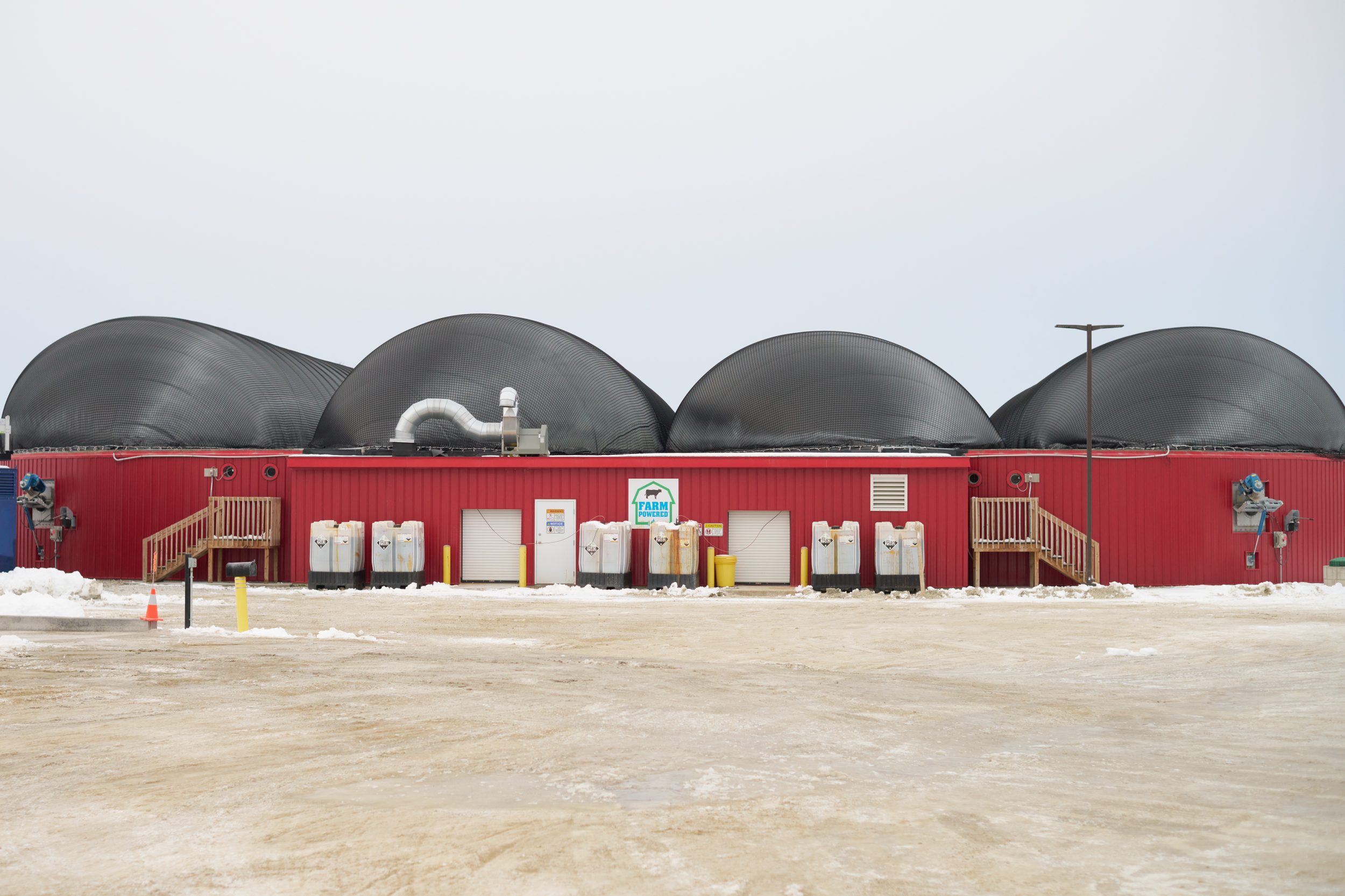
The Manure Challenge
The manure produced by dairy cows is a major source of methane, a potent greenhouse gas that contributes to climate change. In the U.S., the dairy sector is responsible for about 25 percent of the nation’s total methane emissions. Traditionally, farmers would spread manure on fields as fertilizer, but this method has become increasingly unsustainable due to the buildup of excess nutrients in soil and water pollution.
To manage this problem, farmers have started using anaerobic digesters, which are large, airtight tanks that break down organic waste and capture the resulting methane. The captured methane can then be cleaned, compressed, and used as RNG, providing an environmentally friendly alternative to traditional fossil fuels.
The Economics of RNG
The process of converting manure into RNG is not only beneficial for the environment but also makes economic sense for farmers. The renewable fuel can be sold at a premium, with some farmers receiving as much as $100 per million British thermal units (BTUs), compared to $3 per million BTUs for traditional natural gas. This higher price is due to federal and state incentives for renewable energy production, as well as the lower carbon intensity of RNG.
RNG has a variety of uses, including heating homes, generating electricity, and fueling vehicles. One of the largest RNG buyers in the U.S. is the transportation sector, where companies like UPS and Waste Management have been investing in RNG-powered trucks to reduce their carbon footprint.
Turning Waste into Opportunity
A growing number of dairy farms in the U.S. are taking advantage of this opportunity to convert manure into RNG. For example, Vanguard Renewables, a Massachusetts-based company, has partnered with more than 30 farms across the country to build anaerobic digesters and process manure into RNG. The company covers the upfront costs of the digesters, and in return, farmers receive a share of the profits from RNG sales.
Vanguard Renewables is not the only company involved in this sector. In California, Maas Energy Works, one of the largest operators of dairy digesters in the U.S., has developed over 20 biogas projects. These projects help farmers generate additional income, reduce their environmental impact, and create jobs in rural communities.
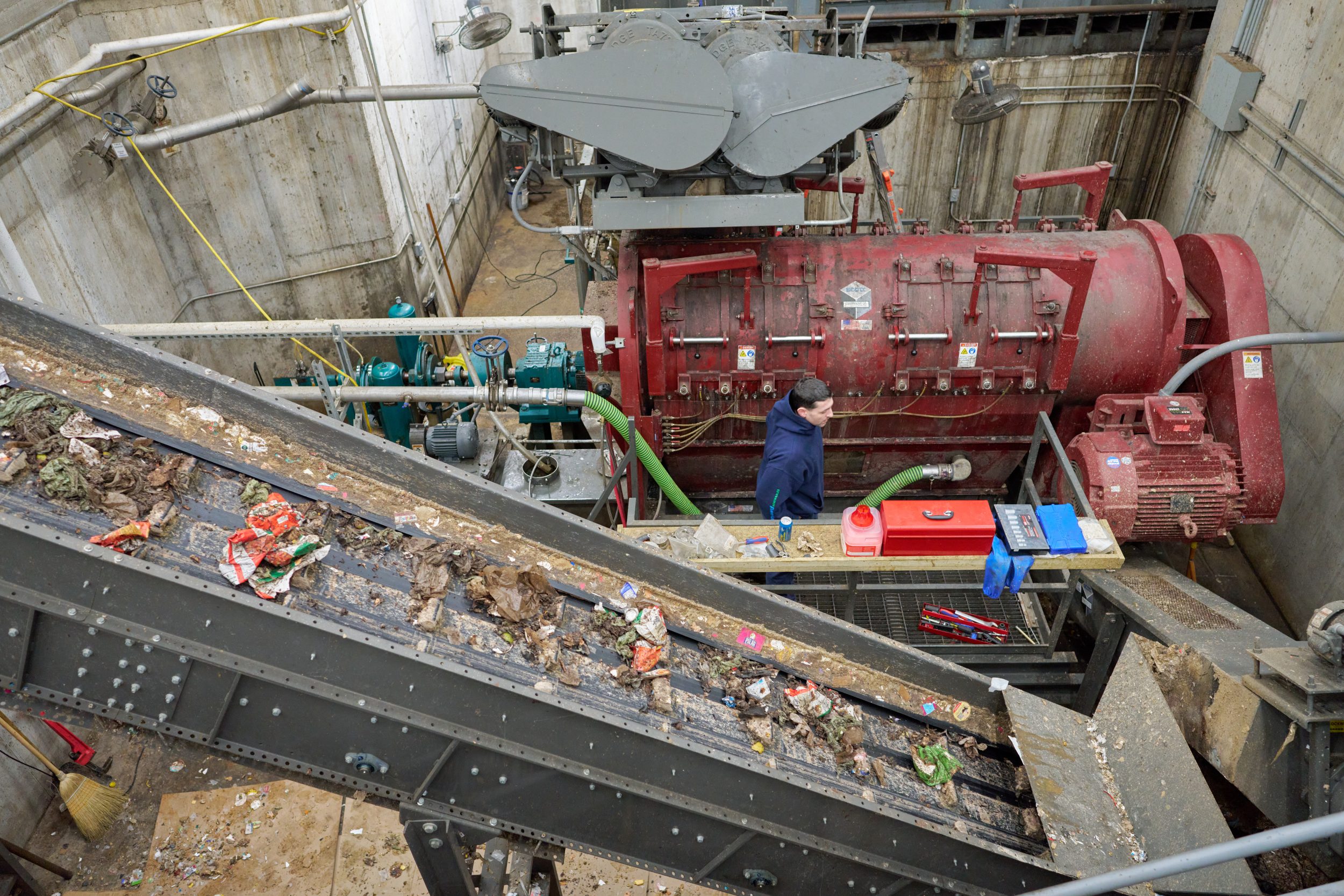
Government Support
The federal government has played a crucial role in promoting RNG production. In 2014, the U.S. Environmental Protection Agency (EPA) introduced the Renewable Fuel Standard (RFS) program, which sets annual targets for the production of renewable fuels, including RNG. The program also offers financial incentives to companies that produce or use RNG, making it an attractive investment.
Several states have also introduced policies to support RNG development. For example, California’s Low Carbon Fuel Standard (LCFS) program aims to reduce the carbon intensity of transportation fuels by 20 percent by 2030. This has contributed to the rapid growth of RNG production in the state, which now accounts for more than half of all RNG produced in the U.S.
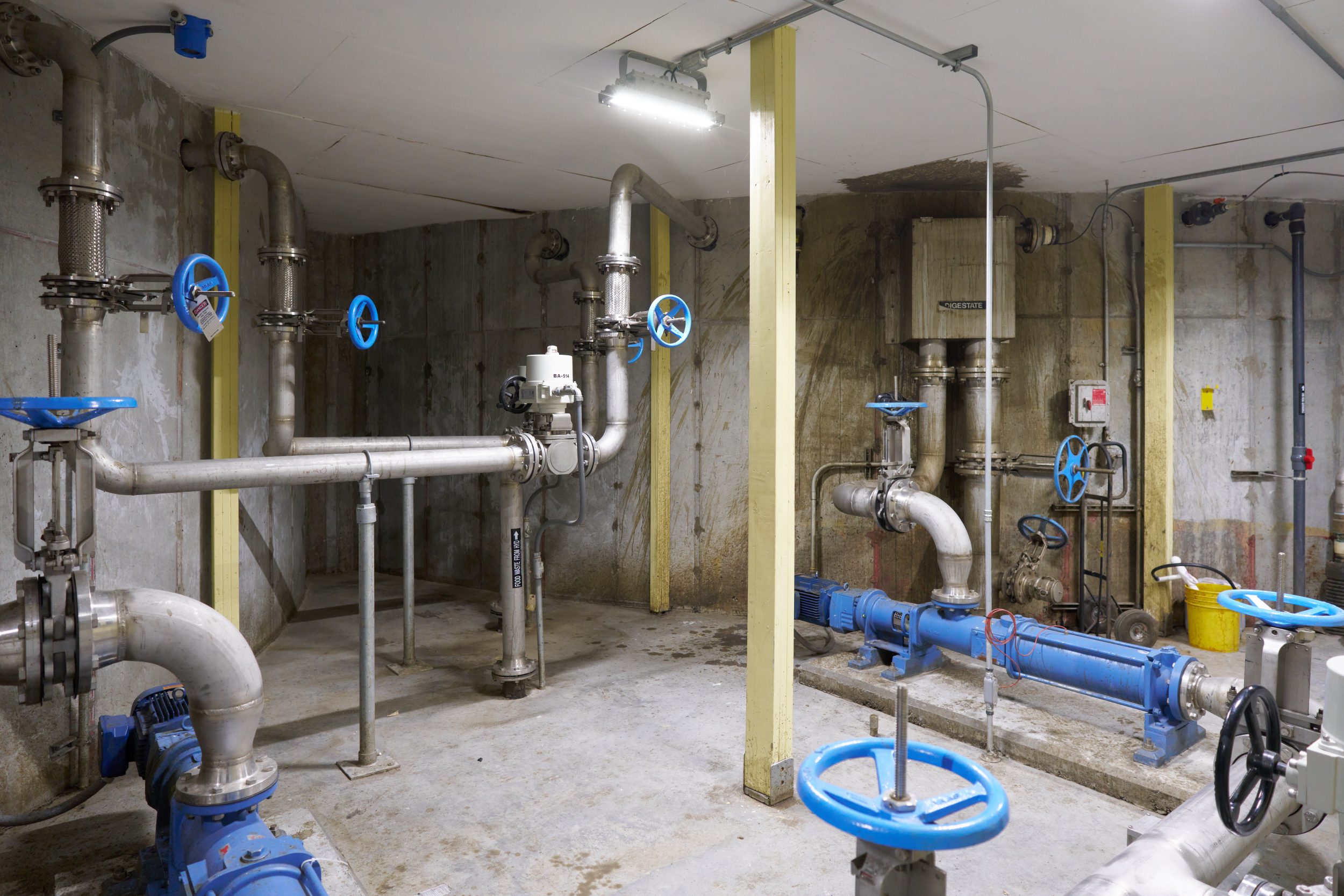
Environmental Benefits
Converting manure into RNG has multiple environmental benefits. It helps to reduce methane emissions, a potent greenhouse gas that is over 25 times more effective at trapping heat in the atmosphere than carbon dioxide. By using RNG as a substitute for traditional fossil fuels, farmers can also reduce their reliance on nonrenewable resources and decrease air pollution.
Furthermore, manure management through anaerobic digestion can help address water quality issues associated with excess nutrients in soil. By breaking down organic waste, digesters can reduce the amount of nitrogen and phosphorus in the remaining solid byproduct, which can then be applied to fields as a more sustainable fertilizer.
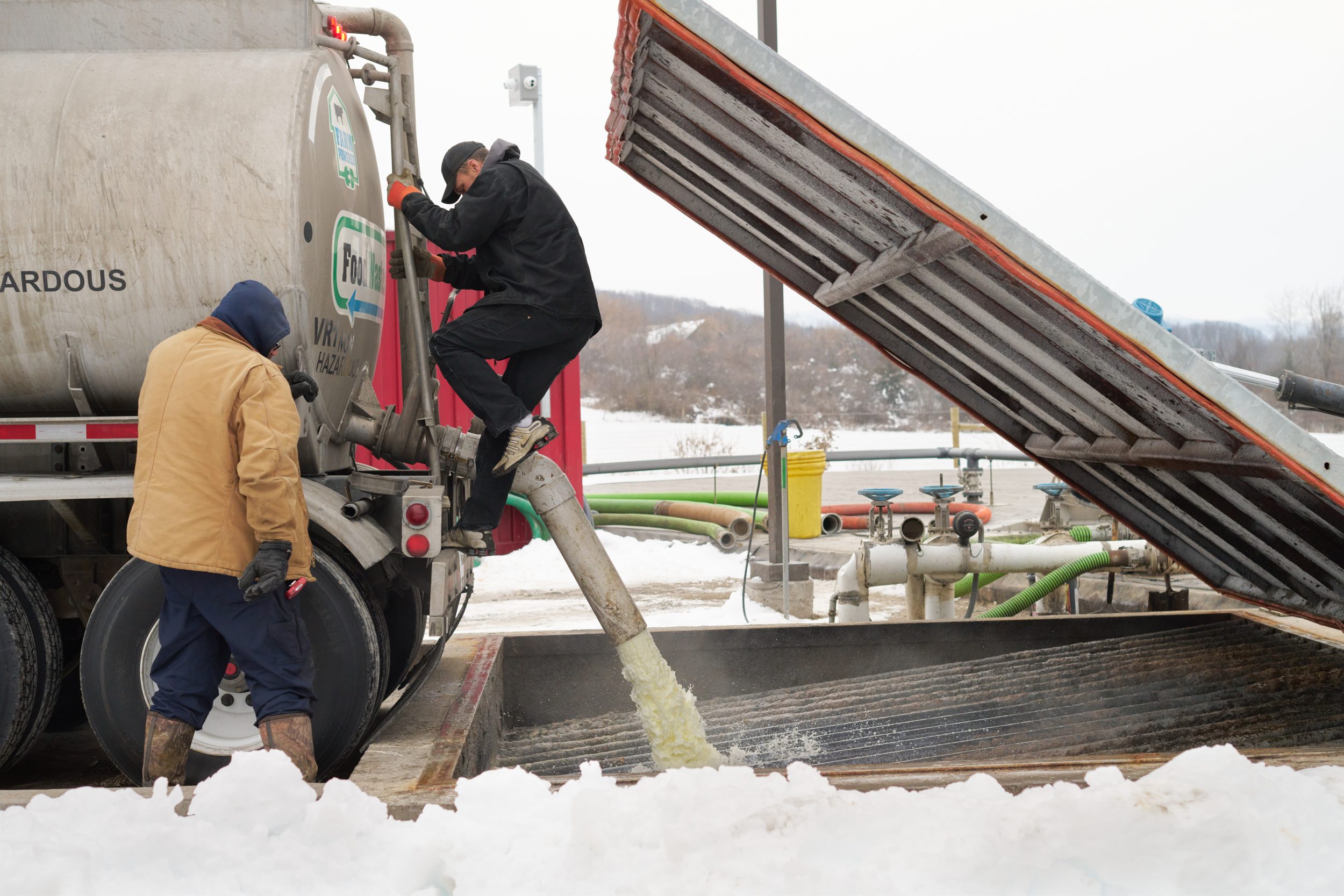
Future Prospects
The demand for RNG is expected to continue growing in the coming years, driven by environmental concerns and government incentives. This presents a significant opportunity for dairy farmers to generate additional income, create jobs, and contribute to a more sustainable future.
However, there are challenges to overcome, such as the need for more efficient and cost-effective digestion technologies and the development of infrastructure to deliver RNG to end-users. With continued support from government, industry, and research institutions, the potential for turning manure into money remains promising.
